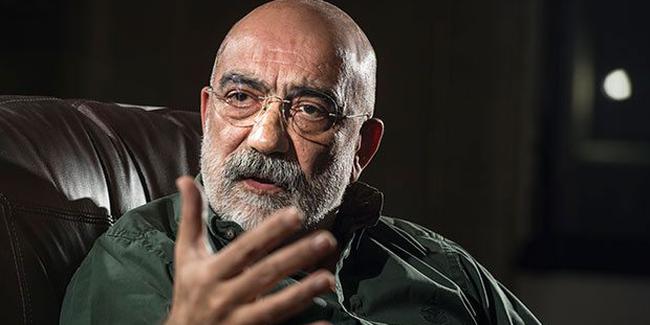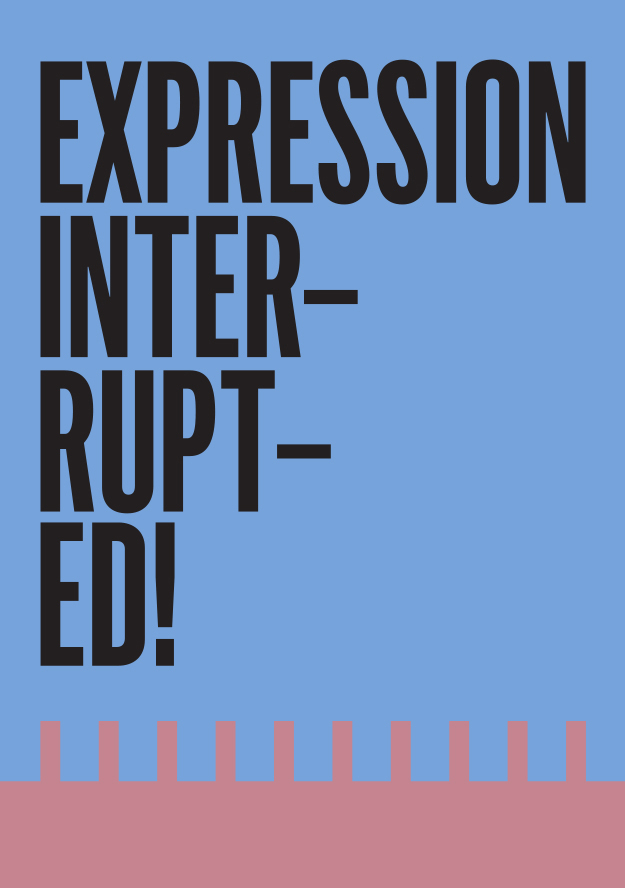Journalists and academics bear the brunt of the massive crackdown on freedom of expression in Turkey. Scores of them are currently subject to criminal investigations or behind bars. This website is dedicated to tracking the legal process against them.


Put on trial for his words, “Why did you kill these kids, explain,” Altan says verdict is momentous in terms of freedom of expression
Imprisoned novelist and journalist Ahmet Altan, on April 26, was acquitted of “insulting the president” at the end of the seventh and final hearing of a trial in which the accusation was based on his remarks in an interview he gave in April 2015 to the news website Grihat, headlined “Saraylarda oturabilmek için gencecik çocukları öldürüyorlar” (They’re killing children so that they can live in palaces).
Convicted by an Istanbul court of “attempting to overthrow the Constitutional order” in February, Altan gave his defense statement to the Istanbul 21st Criminal Court of First Instance during Thursday’s hearing via the courtroom video-conferencing system SEGBIS from the Silivri Prison, where he is currently imprisoned for life.
P24 monitored the hearing in the courtroom.
Altan began his defense statement by saying that the accusation of “insult” has lately turned into a shield behind which politicians like to hide in order to silence all kinds of criticism. Altan continued: “To be able to use this as a shield, they are knowingly making the notion of ‘insult’ ambiguous. Sadly, so many prosecutors have been contributing to this effort.”
Touching upon the difference between the concepts of criticism and insult, Altan said, “Every criticism hurts the standing of its subject. […] But we do not consider book criticisms as insult, because the subject of criticism is the work. This is what differentiates it from insult.”
In his defense statement on Thursday, Altan also made reference to a 2017 Supreme Court of Appeals judgment in his favor concerning a separate case. Altan was handed down 11 months and 20 days in prison for insulting President Erdoğan in his January 2012 column “Devlet Yardakçılığı ve Ahlak” (“State Complicity and Morality”), about the infamous Roboskî bombing in 2011 where 34 civilians were killed. The court had commuted the prison sentence to a fine of TL 7,000. Altan’s lawyers had appealed that verdict at the Supreme Court of Appeals, which ruled in September 2017 that the elements of the “insult” offense were not present in the case file, overruling the trial court’s decision.
“The Supreme Court of Appeals does not regard the phrase, 'Why did you kill these kids, explain,' to be an insult, because this phrase is aimed at an action,” Altan said in his defense statement on Thursday.
“I request that you render a judgment that befits universal rule of law, clearly defined criteria, and freedom of expression,” Altan concluded his statement.
Addressing the court after the completion of Altan’s statement, lawyer Figen Albuga Çalıkuşu read out the following lines, which refer to the European Court of Human Rights’ judgment in the case Handyside v. The United Kingdom:
“Freedom of expression constitutes one of the essential foundations of democracy. According to the European Court of Human Rights, freedom of expression is also applicable to information or ideas that offend, shock or disturb the State or any sector of the population. Such are the demands of pluralism, tolerance and broadmindedness. Without these, there will be no democratic society.”
Çalıkuşu noted that the judgment she referred to had also been referenced in the past by a lawyer representing Recep Tayyip Erdoğan in a free expression trial against the politician.
Çalıkuşu said Ahmet Altan exercised his right to express his opinion and his right to criticism in the interview for which he is accused, adding that his remarks were not defamatory.
Çalıkuşu requested Altan’s acquittal.
Following the defense statements, the court announced its verdict, in which it held that despite Altan’s words “being of a severely critical or disturbing nature, [his] words did not constitute a substantial act of offense or insult that could openly damage [one’s] reputation,” ruling for Altan’s acquittal.
Altan said following the announcement of the verdict that it was a momentous judgment in terms of freedom of expression.
“The court has rendered a decision that protects freedom of expression and right to criticism and one that befits universal standards,” lawyer Çalıkuşu also commented.
The full text of Ahmet Altan’s defense statement (in Turkish) can be accessed here.
